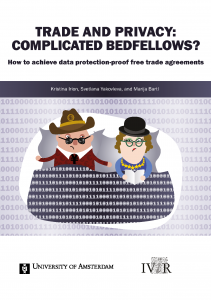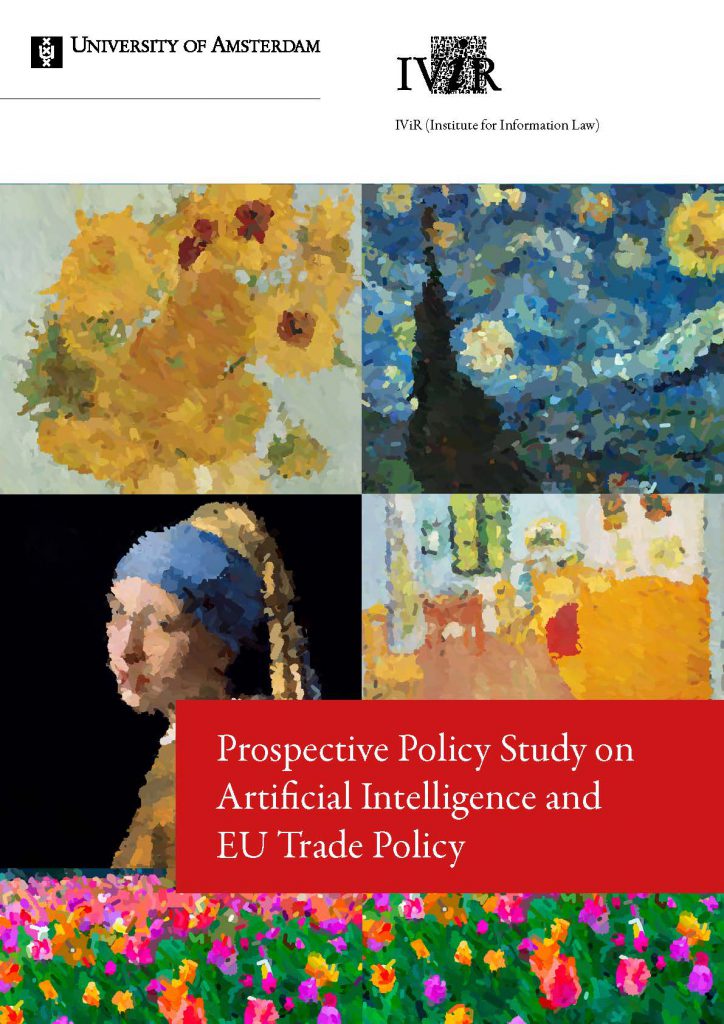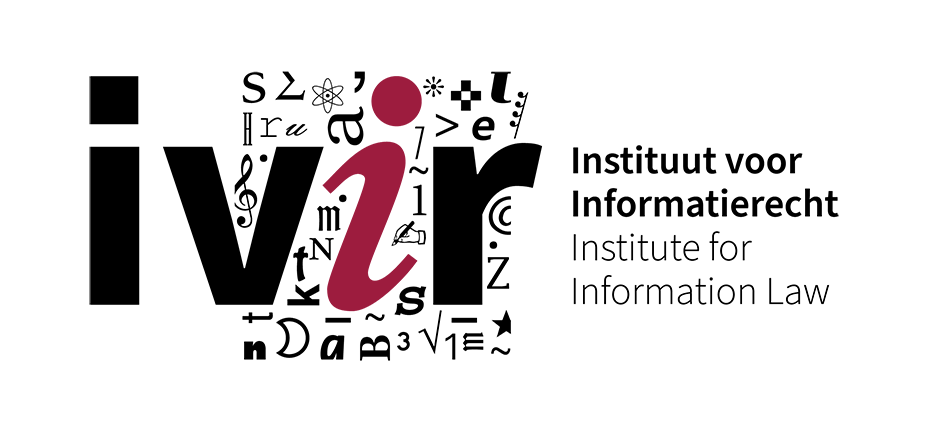Safety of journalists and the fighting of corruption in the EU
The Digital Transformation of Decision-Making
See this website for more information about this project.
Quantumsoftware
RPA Human(e) AI: Towards Human(e) AI
Information, Communication & the Data Society (ICDS)
Special issue of Internet Policy Review on ‘Governing “European values” inside data flows’
Kristina Irion is one of the co-editors of a special issue on ‘Governing “European values” inside data flows’ in the Internet Policy Review planned for mid-2021.
How independent are you really?: Updating the INDIREG methodology for future assessments of media regulators’ independence

The 2011 INDIREG methodology (www.indireg.eu) formulates a scientifically-backed methodology to assess the formal and actual independence of media regulators. In 2018, the EU legislator passed a legislative update of the Audiovisual Media Service Directive that would mandate independent regulatory bodies in the member states, while specifying some of the requirements to guarantee this independence. This in turn will increase the need for a tool with which different aspects of independence can be assessed and monitored. This project is about evaluating and updating the INDIREG methodology in light of the latest developments, new competences of media regulators and insights from applying the tool. This in turn will ensure the continued relevance of the INDIREG methodology to be used for the next lifecycle of assessment media regulators’ independence. We are grateful for the project’s funding by the Stichting Democratie en Media (SDM) to implement this report.
Trade and Privacy: Complicated Bedfellows? How to achieve data protection-proof free trade agreements
 This independent study assesses how EU standards on privacy and data protection are safeguarded from liberalisation by existing free trade agreements (the General Agreement of Trade in Services (GATS) and the Comprehensive Economic and Trade Agreement (CETA)) and those that are currently under negotiation (the Transatlantic Trade and Investment Partnership (TTIP) and the Trade in Services Agreement (TiSA)). It was jointly commissioned by the European Consumer Organisation (BEUC), the Center for Digital Democracy (CDD), the Transatlantic Consumer Dialogue (TACD) and European
This independent study assesses how EU standards on privacy and data protection are safeguarded from liberalisation by existing free trade agreements (the General Agreement of Trade in Services (GATS) and the Comprehensive Economic and Trade Agreement (CETA)) and those that are currently under negotiation (the Transatlantic Trade and Investment Partnership (TTIP) and the Trade in Services Agreement (TiSA)). It was jointly commissioned by the European Consumer Organisation (BEUC), the Center for Digital Democracy (CDD), the Transatlantic Consumer Dialogue (TACD) and European
Digital Rights (EDRi), and executed by the Institute for Information Law (IViR) at the University of Amsterdam.
Prospective Policy Study on Artificial Intelligence and EU Trade Policy
The Dutch Ministry of Foreign Affairs commissioned this study to generate knowledge about the interface between international trade law and European norms and values  in the use of AI. This independent study has been carried out by the Institute for Information Law (IViR) at the University of Amsterdam. The study embarked on research of AI with a comprehensive look at areas where EU external trade and EU governance of AI intersect.
in the use of AI. This independent study has been carried out by the Institute for Information Law (IViR) at the University of Amsterdam. The study embarked on research of AI with a comprehensive look at areas where EU external trade and EU governance of AI intersect.
The study calls for EU trade policy to anticipate ethical and responsible AI regulation:
1. The study calls for an open and inclusive discussion on the relationship between the EU’s e-commerce proposal and EU’s prospective governance of AI.
2. New e-commerce rules currently negotiated at the WTO should allow Members to schedule new commitments based on service sector classification fit for the digital age.
3. In leading a new global standard on ethical and trustworthy AI, the EU and its Member States should guard an adequate scope for manoeuvre in the
WTO e-commerce negotiations.
4. The EU’s future law and policy must cope with the fluidity of algorithmic systems without disrupting beneficial algorithmic flows.
5. Cross-border trade in AI should be contingent on transparency, accountability and auditability of AI systems.
6. Free data flow commitments in future trade rules on e-commerce should not foreclose policy space for state-of-the-art data governance in the interest of ethical and trustworthy AI.
7. Trade law should not stand in the way of domestic policies to ensure that knowledge and surplus value generated of European data contribute to
public value and societal interests in Europe.
8. During WTO e-commerce negotiations, the EU and its Member States should pay attention to developing countries’ perspectives to participate fully
in the AI economy and afford special treatment to least-developed countries.

